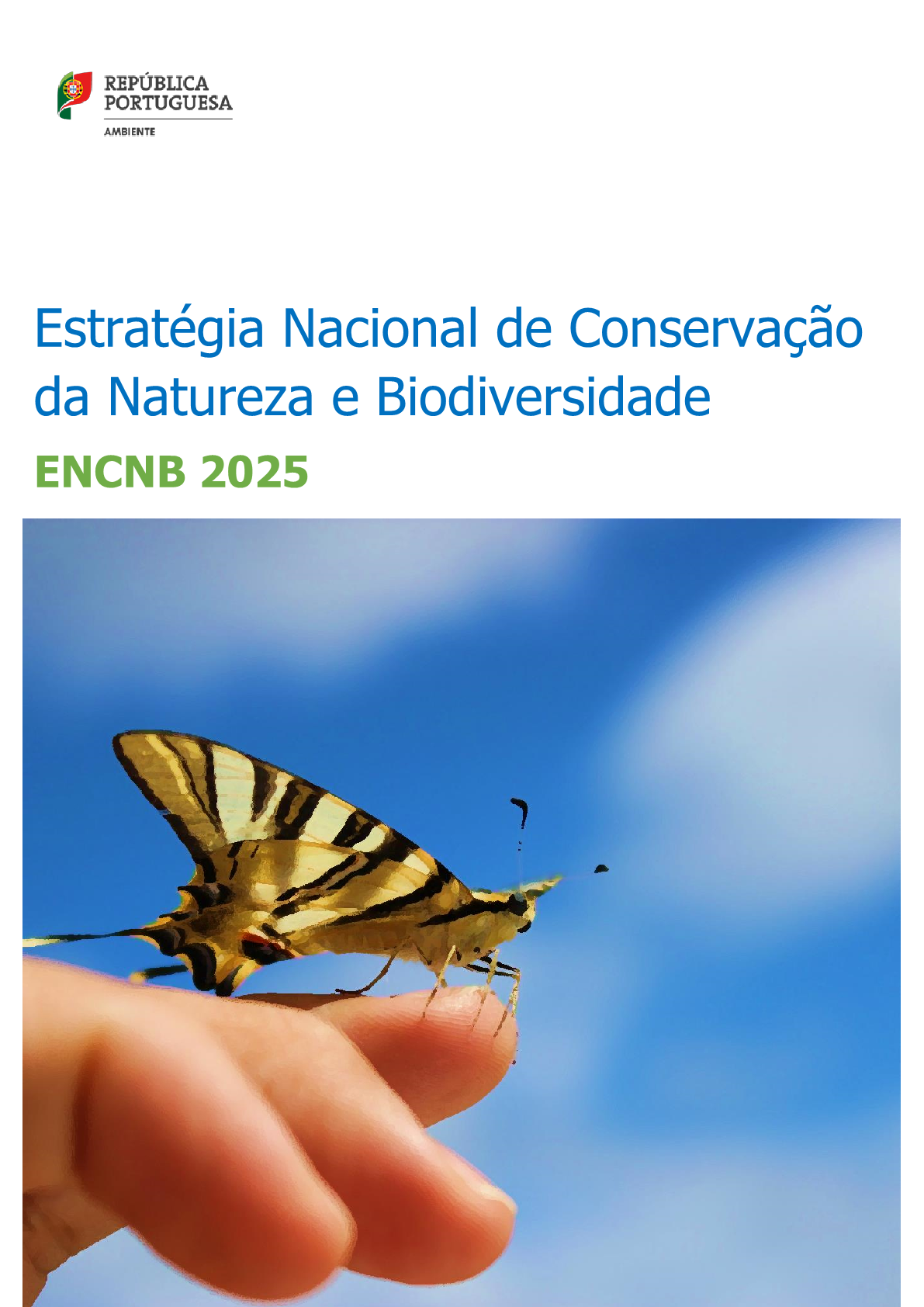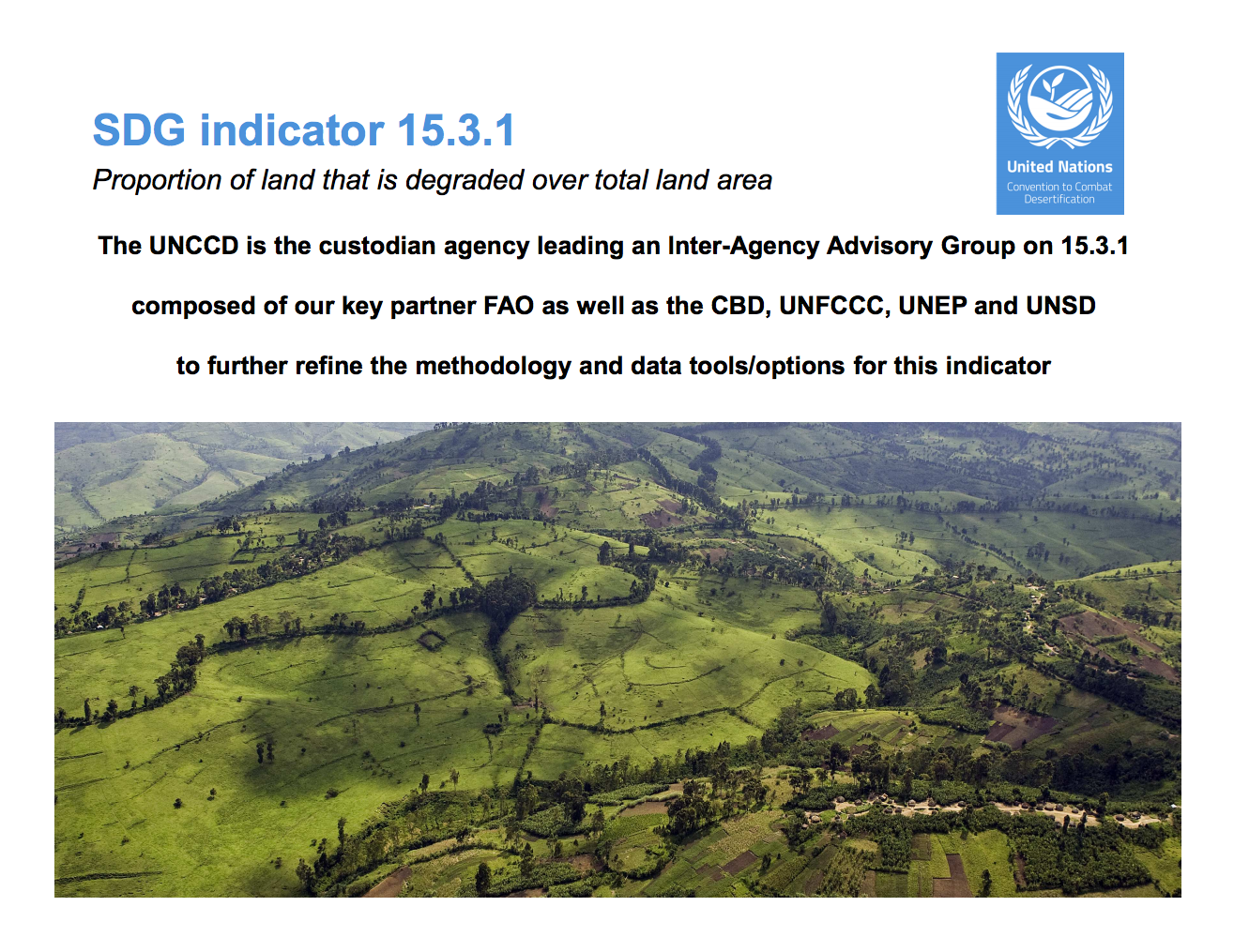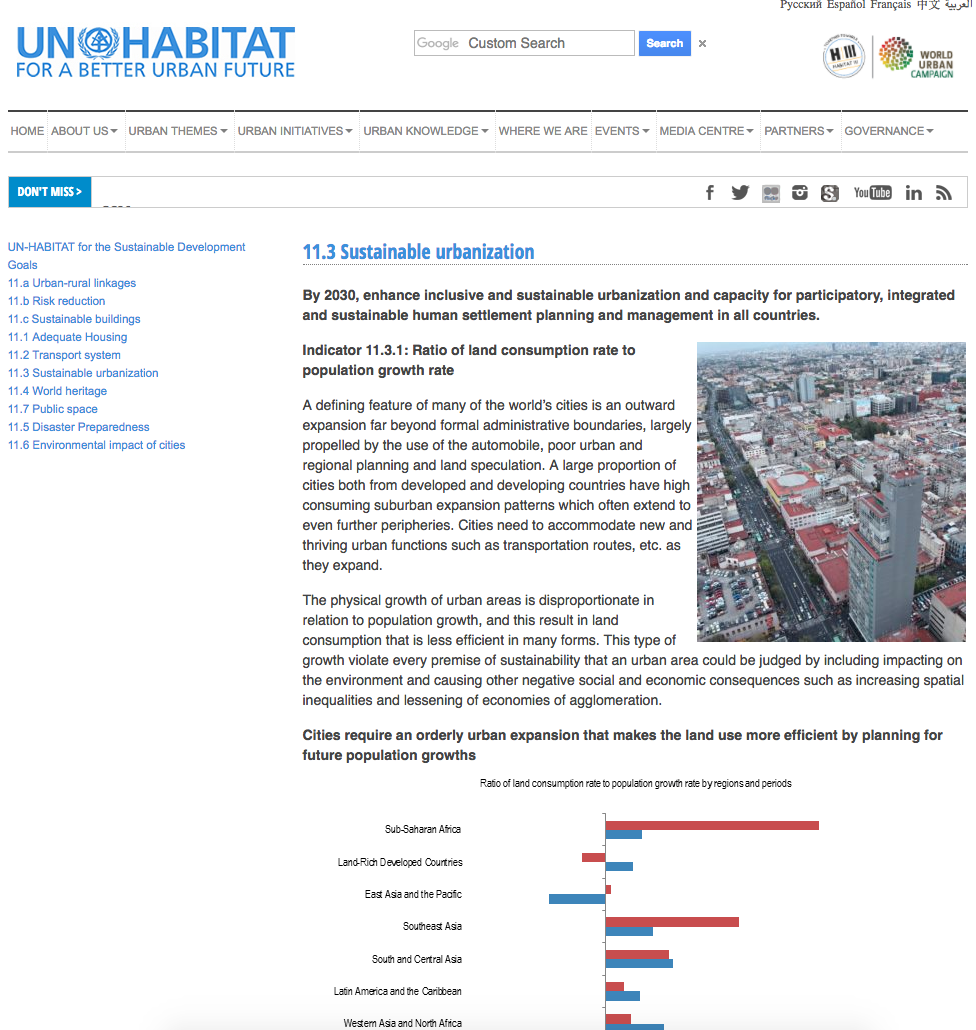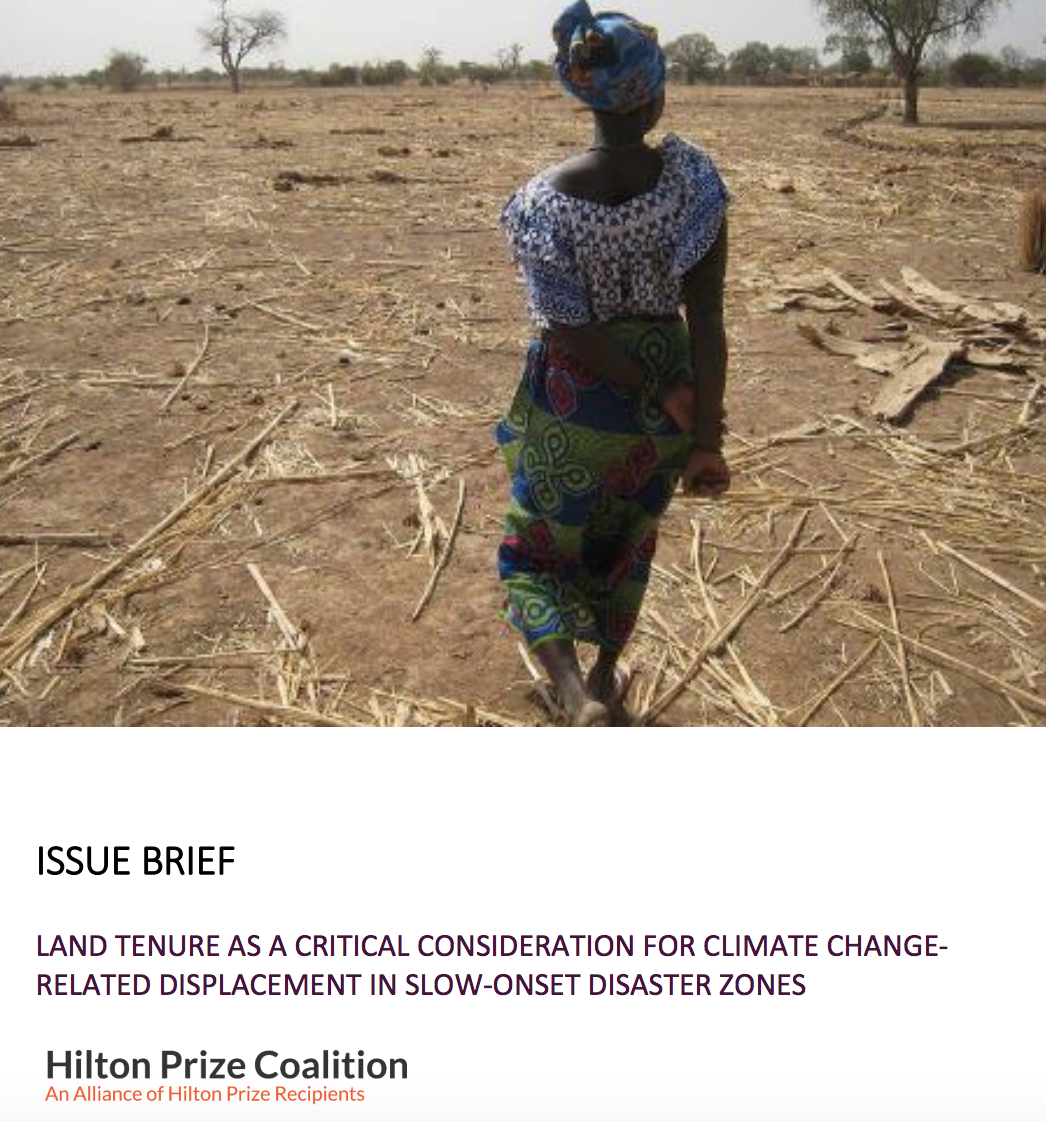Efectos de eventos El Niño y La Niña sobre las lagunas del sur de la Región Pampeana (Argentina)
En este trabajo se estudiaron los efectos de eventos El Niño y La Niña sobre la distribución espacio-temporal de las precipitaciones y el agua superficial en el sur de la Región Pampeana, Argentina. Para ello, se analizaron series mensuales de precipitación con el método de Quintiles, el de la tendencia central o la Normal y el Índice Estandarizado de Precipitación. Se evidenció una relación entre la variabilidad pluviométrica con la ocurrencia de eventos El Niño y La Niña. A partir de entonces se analizaron los impactos de los mismos sobre el agua superficial.








